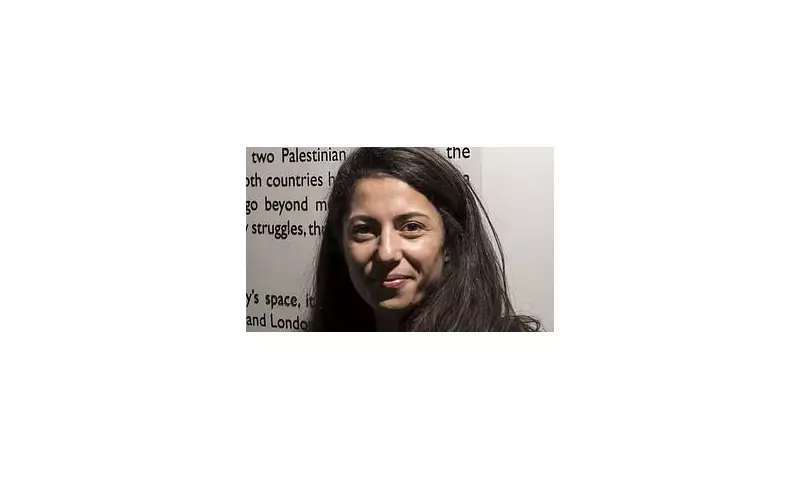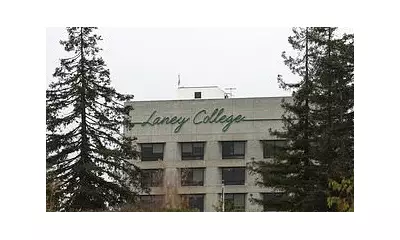
University College London has taken decisive action, reporting a former academic to the police and banning her from its campus following a lecture filled with what the university describes as 'heinous' antisemitic content.
The Controversial Lecture and Its Content
The incident occurred during a lecture titled 'The Birth of Zionism', delivered by Dr Samar Maqusi to the Students for Justice in Palestine society at UCL. Dr Maqusi, an American academic and former fixed-term researcher at UCL who previously worked for UNRWA, is not a current member of staff.
During her talk, Dr Maqusi referenced the Damascus Affair, a 200-year-old historical event in Syria where Jews were falsely accused, tortured, and murdered for the alleged killing of a Christian monk. Rather than presenting this as a clear example of historical persecution, she recounted the antisemitic 'blood libel' trope, telling students that the story alleges Jews murdered a monk named Father Thomas to use his blood to bake 'special pancakes or bread' for a holy ceremony.
She urged attendees to 'draw your own narrative', despite the fact that a blood libel is a widely recognised and dangerous antisemitic falsehood used for centuries to incite violence against Jewish communities.
Further Allegations and Institutional Response
The controversial statements extended beyond the blood libel reference. Dr Maqusi also claimed that 'Jews pretty much controlled the financialisation' during Napoleon's era and suggested that in return, he would 'erect the Jewish kingdom'. She further alleged that mainstream media is 'Zionist controlled' and that those researching Zionism are likely being 'guided or censored'.
UCL President Dr Michael Spence stated he was 'utterly appalled by these heinous antisemitic comments'. The university took swift action, reporting the incident to the police on Thursday and imposing an immediate ban on Dr Maqusi from the UCL campus.
UCL has also barred the Students for Justice in Palestine group from holding any further events pending the outcome of a full investigation. Dr Spence emphasised that while freedom of speech is fundamental to university life, it 'can never be misused as a shield for hatred'.
Political and Wider Community Reaction
The incident has drawn concern from political figures. Saqib Bhatti, the shadow education minister, expressed his alarm, noting that 'over the last two years life has been made intolerable for many Jewish students across the UK due to the surge in antisemitism.'
Dr Spence issued an unequivocal apology to Jewish students, staff, alumni, and the wider community, affirming that antisemitism has 'absolutely no place in our university'. He confirmed that UCL has initiated disciplinary proceedings against a number of students in relation to antisemitism and remains committed to ensuring the campus is a 'safe, respectful, and inclusive environment for everyone.'





